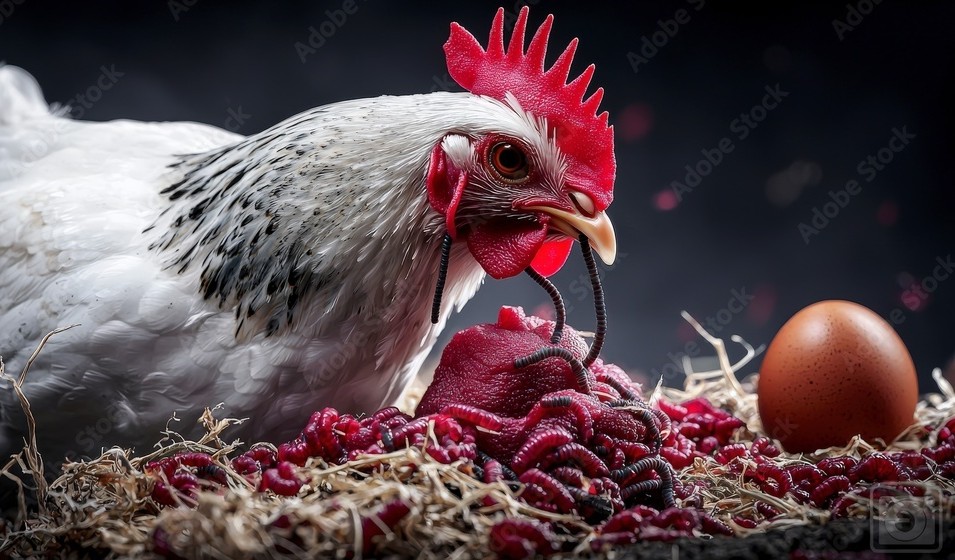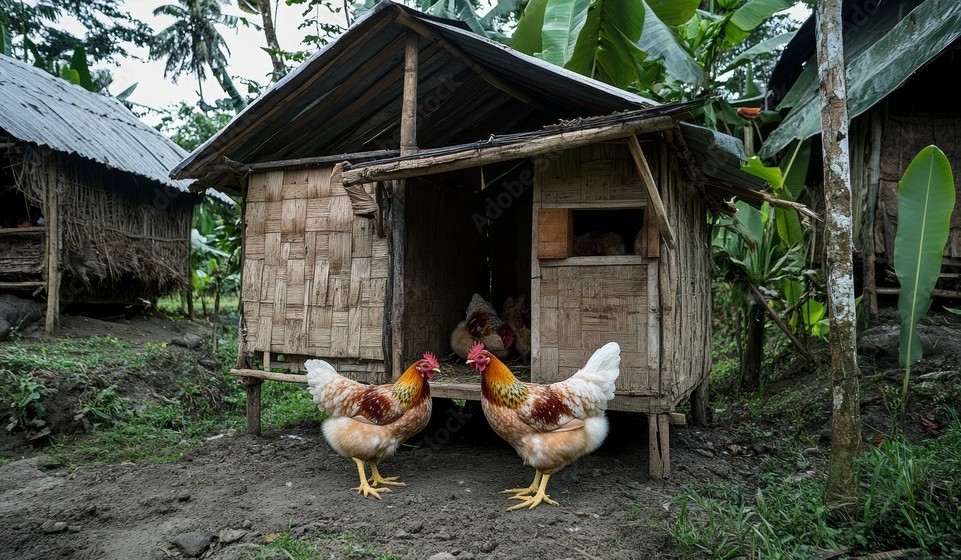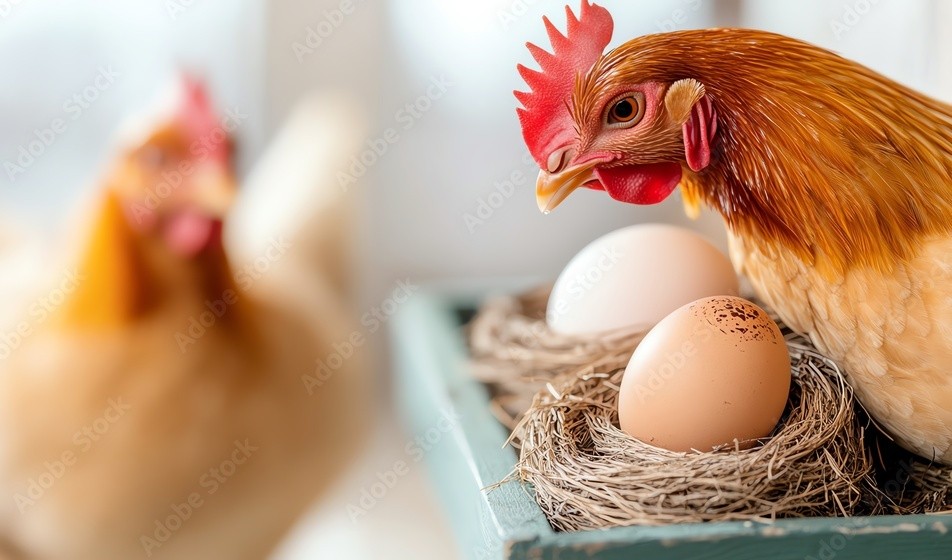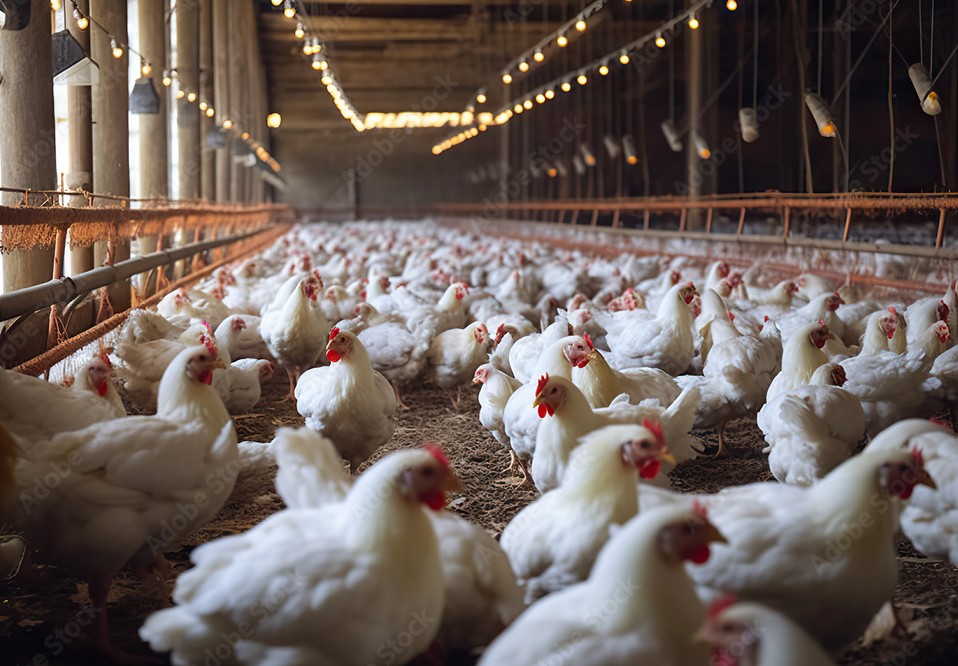Azolafam Ltd.: 3rd April 2025 { https://www.azolafam.com/ } Maintaining the health and biosecurity of poultry flocks…
Azolafam Ltd.: 1st May, 2025 { https://www.azolafam.com/ }

Poultry farming is a significant sector in agriculture, providing a source of income for many farmers and a vital source of protein for consumers. With the growing demand for poultry products, it's essential to understand the basics of poultry farming and maintenance to ensure a successful and sustainable operation.
Understanding Poultry Farming
Poultry farming involves the raising of domesticated birds such as chickens, turkeys, and ducks for their meat, eggs, and feathers. It requires careful planning, attention to detail, and a commitment to animal welfare and environmental sustainability.

Key Components of Poultry Farming

Maintenance and Best Practices
Challenges and Opportunities

Poultry farming faces various challenges, including disease outbreaks, market fluctuations, and environmental concerns. However, with the growing demand for poultry products and advancements in technology and best practices, there are also opportunities for innovation, growth, and sustainability.
Conclusion
Poultry farming requires careful planning, attention to detail, and a commitment to animal welfare and environmental sustainability. By understanding the key components of poultry farming and implementing best practices, farmers can ensure a successful and sustainable operation. With the right knowledge, skills, and resources, poultry farming can be a rewarding and profitable venture.